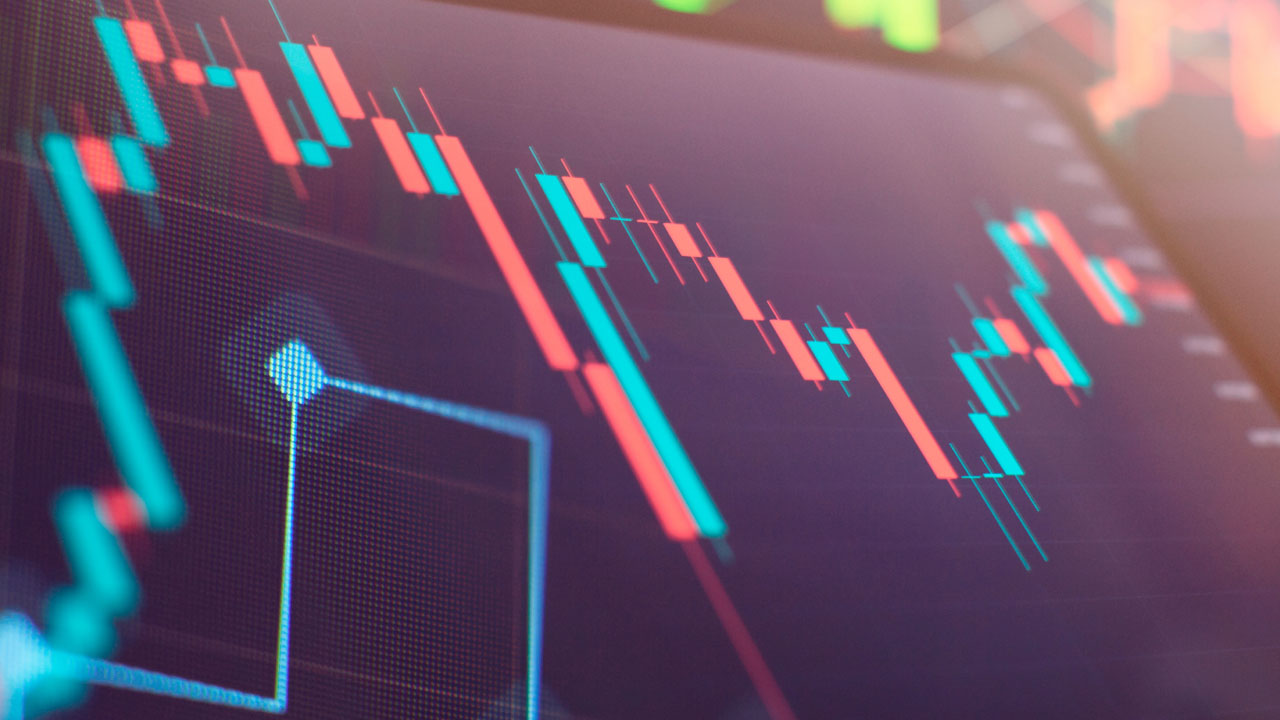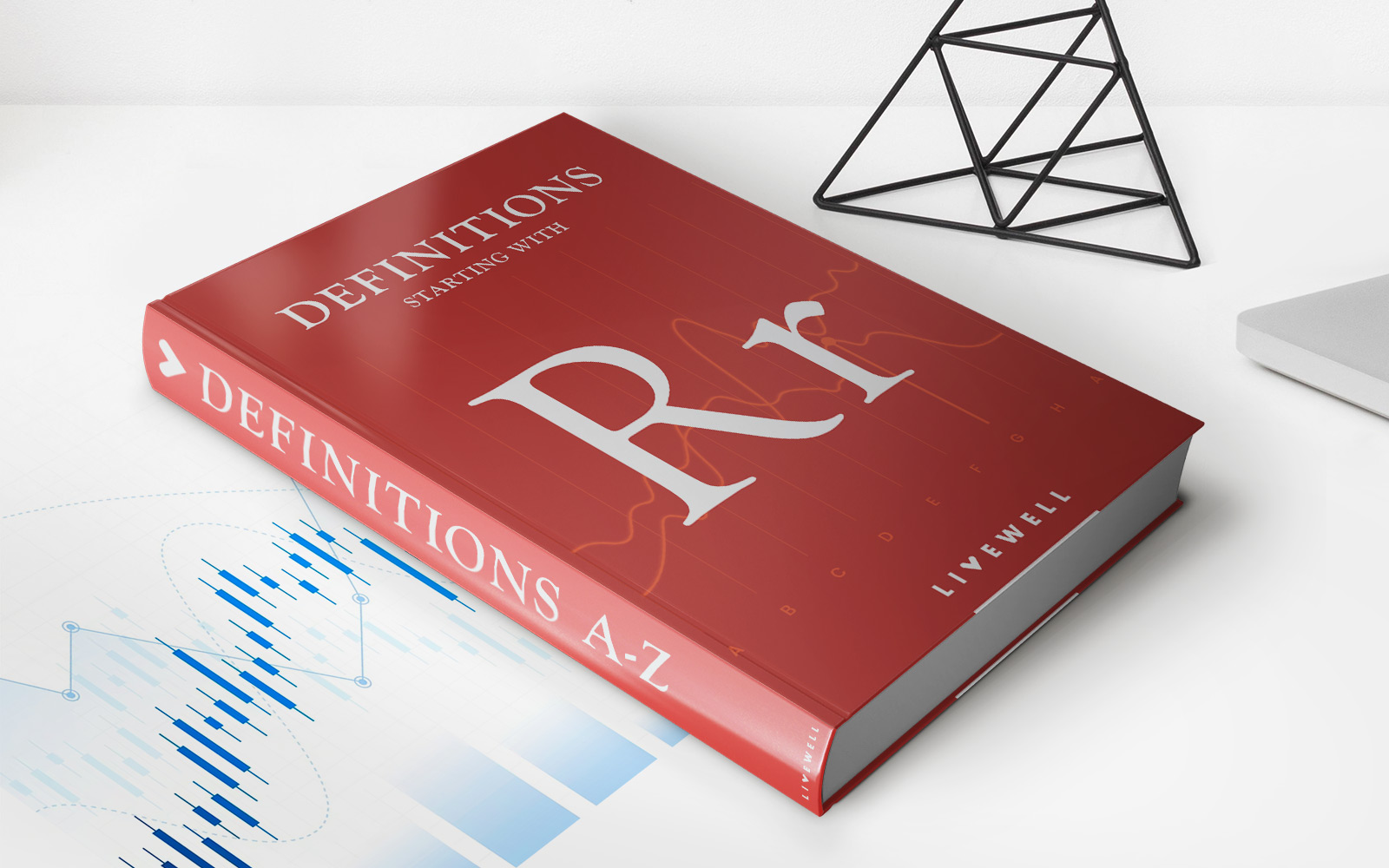

Finance
Speculative Flow Definition
Published: January 31, 2024
Learn what speculative flow means in finance and how it impacts markets. Explore its definition and importance in the world of finance.
(Many of the links in this article redirect to a specific reviewed product. Your purchase of these products through affiliate links helps to generate commission for LiveWell, at no extra cost. Learn more)
Speculative Flow Definition: Understanding the Intricacies of Finance
Welcome to our FINANCE blog category, where we delve into the fascinating world of financial concepts and provide valuable insights to our readers. In this post, we will shed light on the speculative flow definition and its significance in the realm of finance. Whether you’re an aspiring investor, a financial enthusiast, or simply curious about the world of money, this article will provide you with a comprehensive understanding of speculative flow and its implications.
What is Speculative Flow?
Speculative flow, also known as speculative capital or speculative investment, refers to the movement of funds or capital into markets or assets with the hope of generating significant profits in a short period. Speculators, often motivated by the desire for quick returns, engage in speculative flow by buying and selling assets based on anticipated price movements, rather than the intrinsic value of the asset.
Speculative flow can occur in various financial markets, including stocks, currencies, commodities, and even cryptocurrencies. It often involves high levels of risk, as speculators seek to take advantage of short-term market fluctuations and price volatility. While speculative flow can result in substantial gains, it can also lead to significant losses for those who engage in this type of investment without proper knowledge and risk management strategies.
Key Takeaways:
- Speculative flow involves the movement of capital into markets or assets with the aim of making quick profits.
- It is based on anticipated price movements rather than the intrinsic value of the asset.
The Significance of Speculative Flow
Speculative flow plays a crucial role in financial markets as it provides liquidity and contributes to market efficiency. By participating in speculative investment, speculators help create market liquidity, ensuring that buyers and sellers can easily transact at fair prices. Additionally, speculators’ actions in the market often lead to increased price volatility, providing opportunities for hedgers and arbitrageurs to manage risks and capitalize on price discrepancies.
However, speculative flow is not without its criticisms. Detractors argue that excessive speculation can lead to market bubbles and financial instability, as witnessed during the 2008 financial crisis. Speculative flows, if not properly regulated, can amplify market movements and contribute to asset price overvaluations or sudden collapses.
Conclusion
In conclusion, speculative flow encompasses the movement of funds into markets or assets with the anticipation of generating quick profits. As you’ve learned in this post, understanding the concept of speculative flow is crucial for anyone looking to navigate the world of finance. It is important to approach speculative investing with caution and to develop a comprehensive understanding of the asset being traded, as well as the potential risks involved.
By recognizing the significance of speculative flow and staying informed about market dynamics, you can make better-informed investment decisions and manage risk effectively. Remember, while speculative flow can offer opportunities for financial gain, it is not without its pitfalls. Always conduct thorough research, seek expert advice, and ensure your investment strategies align with your overall financial goals.
Thank you for joining us in exploring the speculative flow definition. Stay tuned for more informative articles in our FINANCE category!














